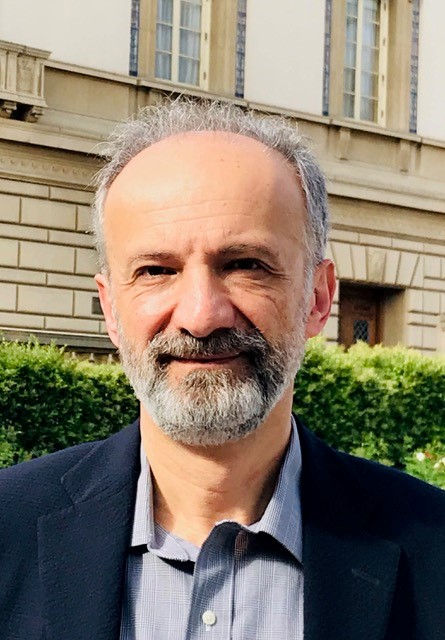Control Seminar
Collision Free Navigation with Interacting, Non-Communicating Obstacles
Add to Google Calendar

Abstract
The talk addresses navigation in an environment occupied by other interacting agents (e.g. vehicles, robots, pedestrians …) with no direct communication to one another. In contrast to the path planning problem, the difficulty here is that agents cooperate and compete, creating feedback loops each only partially controls. The talk starts with a very high level overview of two control design methods: Model Predictive Control (MPC) and Control Barrier Functions (CBF). The MPC is powerful, yet computationally expensive. The CBF approach is computationally simpler and handles non-convex constraints gracefully, while, being recently introduced, is only partially understood. Performance of a CBF controller is illustrated with a real industrial robot avoiding a stationary cone. The problem with interacting, non-communicating agents is much more difficult than avoiding stationary objects. Each agent has only a portion of the information needed to find the optimal or even a feasible action. Another difficulty is that, unless other agents are treated as non-interacting, the computational burden grows quickly with the number of agents. The talk reviews some of the approaches including CBFs, Mixed Integer Programming, and Reinforcement Learning. IN simulations, a CBF-based approach developed in-house showed good performance avoiding collisions, not only when all the agents are implementing the same algorithm, but also when an agent becomes non-interacting or is even actively pursues another agent. The computational load remains reasonable with each agent, as the host, being able to handle up to about 20-25 interacting targets on a 3.1GHz computer.
Biography
Dr. Mrdjan Jankovic received his doctoral degree from Washington University, St. Louis in 1992. He held postdoctoral positions with Washington University and UC Santa Barbara, before joining Ford in 1995. He is currently a Senior Technical Leader at Ford Research, working on development of control technologies for powertrain and driver assist applications. Dr. Jankovic coauthored one book, four book chapters, and more than 100 technical papers. He is a co-inventor on more than 80 US patents, with more than 20 used in Ford products. He received AACC Control Engineering Practice Award, IEEE Control Systems Technology Award, Ford’s prestigious Dr. Haren Gandhi Research and Innovation Award, and best paper awards from IEEE, SAE, and AVEC. Dr. Jankovic is a Fellow of the IEEE.
 MENU
MENU 
